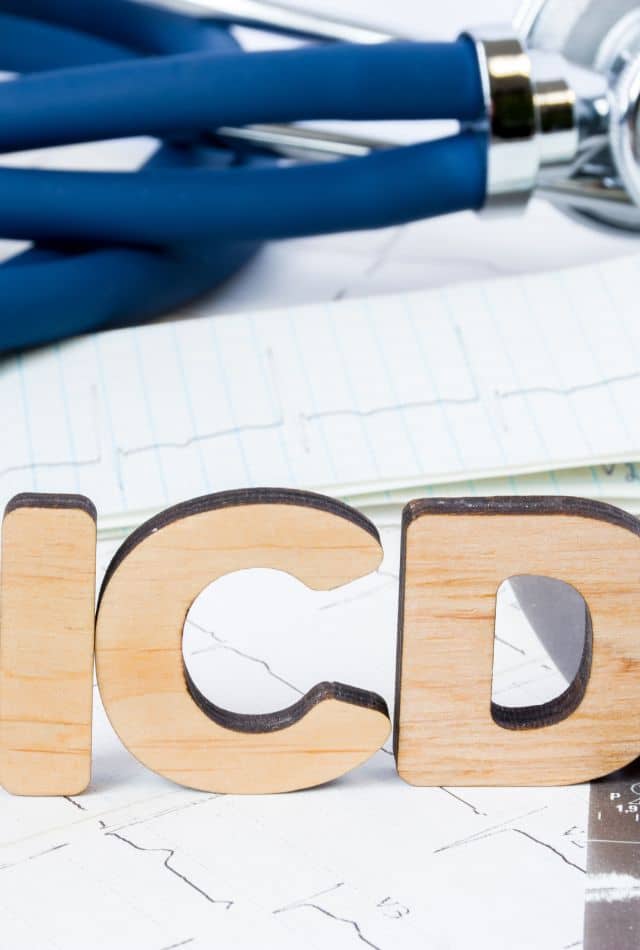Life Expectancy After ICD Implant – Overview
An implantable cardioverter-defibrillator (ICD) is an electronic medical device that monitors the heart rate and restores the heartbeat to normal levels when it detects an abnormal rhythm. This device is often a life-saving solution for patients at risk of sudden cardiac death.
An ICD is particularly beneficial for patients at risk of ventricular arrhythmias and sudden cardiac death, including those with heart failure, a history of cardiac arrest, or certain forms of structural heart disease and reduced ejection fraction.

An ICD is advised for those people who experience or suffer from the following conditions: An ICD is made of two distinct parts, namely: An ICD is designed to detect and correct abnormal rhythms in the heart. It works round-the-clock and makes sure to: You may be asked to avoid consuming food or drink for eight hours before the surgery. The doctors can prescribe any medication if required. Healthcare experts will insert an IV in your hand or forearm at the beginning. They may give you some sedatives for you to relax. During the ICD procedure, the experts will provide you with general anesthesia. You can take a release on the next day of your procedure. You will need someone to care for you to speed up your recovery. You need to take the prescribed medicines and follow all the instructions given by your doctor. An ICD is implanted for a lifetime. Hence, it is essential to undergo regular checkups and monitoring at least once every three months. This way, you can ensure that your ICD is functioning correctly. This allows you to lead a normal lifestyle daily. However, it would help if you remembered that certain situations could affect the function of an ICD. For example, airport security machines, transcutaneous electrical nerve stimulation (TENS) machines, and machines with strong magnetic fields can disrupt the functions of an ICD. You can lead a completely everyday and healthy life for over ten years with the proper care of your ICD device.Who Needs an ICD?
How is an ICD Implanted?
How Does an ICD Work?
What to Expect Before the Procedure?
What to Expect During the Procedure?
What to Expect After the Procedure?
What is the Life Expectancy After an ICD Implant?
4 Things You Must Avoid for a Few Weeks After the Procedure
#1. Strenuous exercise or activities involving significant arm movements above the shoulder may be restricted initially post-implant.
#2. Patients may need to avoid certain physical activities and sports that risk impacting the device area or exerting excessive strain on the heart during the initial recovery period.
#3. Vacuuming
#4. Heavy lifting
Are There Any Side Effects or Complications From an ICD?
As an ICD is an implantable device, there are bound to be some risks of complications and side effects, which include:
- Blood clots in the veins or arteries
- Abnormal connection between vein and artery (Arteriovenous fistula)
- Collapsed lung, injury to the lung, bleeding in lung cavities
- Infection
- Forming holes in blood vessels
- Bleeding from ICD placement
- High defibrillation shock
- Inability to defibrillate
- Implant rejection
- Surgical complications, such as bleeding, inflammation, blood clots, and infection
- Incorrect sensing of heart rhythm, leading to shocks or failure in treatment, respectively
- Obstruction of significant vein of the heart
- Death
Long-Term Precautions to Avoid Any Harm
Avoid placing a cell phone within 15 centimeters of an ICD site, especially when turned on. It can slow down your heartbeat and cause fatigue.
Many newer ICD models are MRI-compatible, but patients should always consult their healthcare provider before undergoing MRI or other magnetic resonance procedures.
While it’s important to maintain a safe distance from strong electromagnetic fields, the exact safe distance can vary based on the source’s strength. Consult the ICD manufacturer’s guidelines and your physician for specific advice.
While it’s advisable to keep devices with magnets, such as headphones and wireless chargers, away from the ICD site, consulting the device’s manual for specific guidance on safe distances is recommended.
Conclusion
In short, an ICD is an implantable device that checks the heartbeat. If an abnormal heartbeat is detected, it sends a small electric shock to correct the heartbeat to a regular pulse.
An ICD is a critical device for preventing sudden cardiac death in high-risk patients rather than preventing heart failure or cardiac arrest. It corrects life-threatening arrhythmias when they occur. Make sure to consult your physician and get all doubts and queries resolved before undergoing the surgical implant procedure for an ICD device.
See Also
Can You Have a Heart Attack With a Pacemaker
ICD 10 Coding Training for Physicians